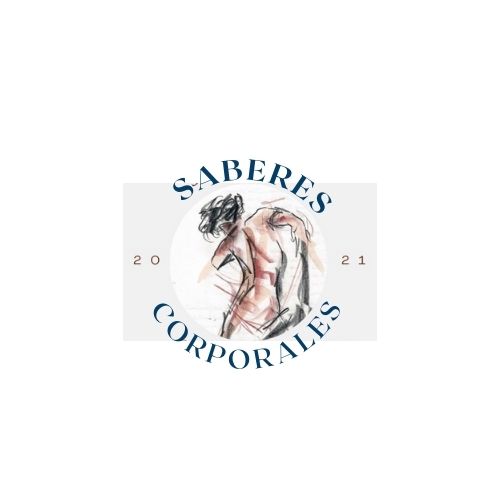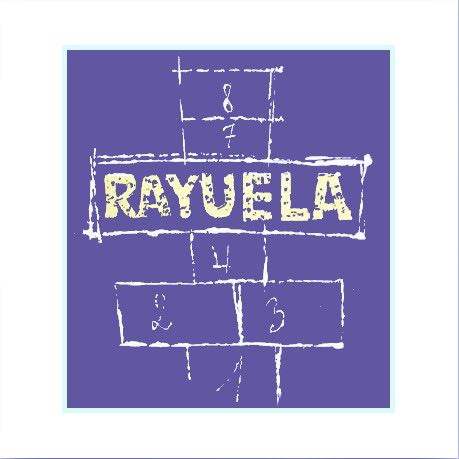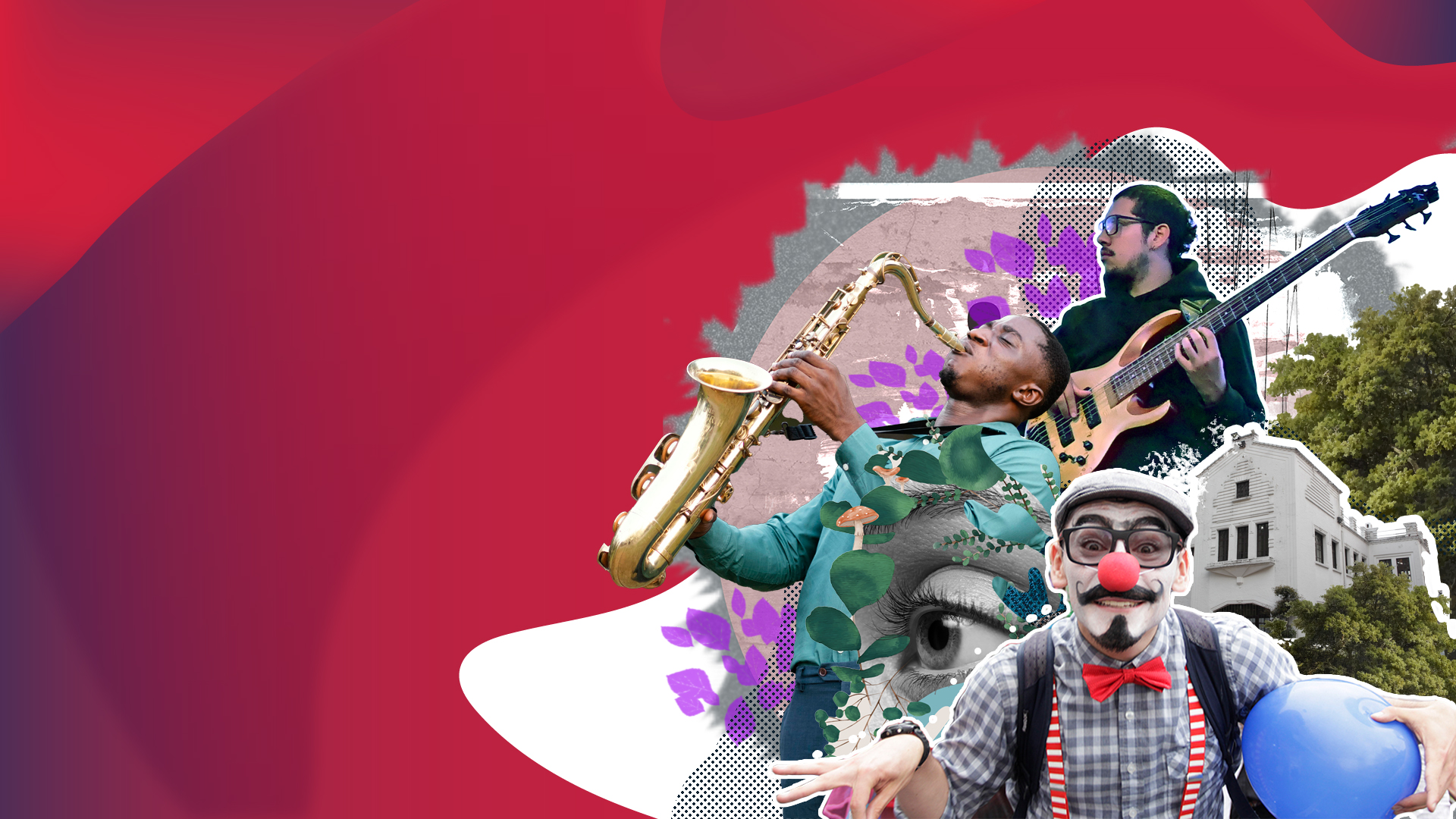Corporal Knowledge

The group’s objective is to explore the interplay between teacher training and sociocultural practices within the performing arts, with a focus on embodied and gendered experiences. Through this investigation, the group hopes to understand how knowledge is embodied in individuals’ bodies and how this impacts their subjectivity and physical, social, and subjective environments. By examining these processes, the group seeks to construct knowledge regarding how the body and corporeality are critical elements of knowledge construction within the performing arts.
Topics of inquiry
- Body studies in educational settings
- Corporalities, memories and territories.
- Body didactics (dance, theater)
- Bodies, performativeness, creation
Sublines
Epistemologies, pedagogies and didactics of embodiments
It seeks to build knowledge in relation to the ways in which knowledge is based on bodies and corporalities by investigating representations, practices and knowledge in educational contexts.
Memories, territories and bodily performativities
It proposes to focus reflections and inquiries on the network of relationships in which bodies and subjectivation are inscribed in close correlates such as territory, memory and performativities that emerge from the very actions of social events and artistic and cultural movements
MEDEA Group (Educational Mediations for the Scene and the Arts) by its acronym in Spanish
Start year 2009
Training Year at Colciencias 2012
Current classification C
Members
Carlos Sepulveda
Angela Valderrama
Giovanni Covelli
Manuela Vera
Jose Domingo Garzón
Maria Fernanda Sarmiento
Miguel Alfonso
Jorge Acuña
Lines
- Art, city and contemporary pedagogies
- Art, aesthetics and politics
- Contemporary scenic creation as a construction of social, ethical, political and educational knowledge.
- The artistic dimension of the trainer: the actor, the director, the producer
History
The MEDEA research group arose from the need to structure the internal reform of the program based on the accreditation and crediting processes involved in the internal reform of the university. In relation to the idea of teacher training, the unevenness in the hourly intensity of the disciplinary area on the subjects of pedagogy, communication and English was truly out of proportion. This imbalance confirmed that it was a common training programme for theater artists.
The proposal built collectively in the Faculty of Fine Arts was proposing an epistemological and therefore curricular turn: focus the programs on teacher training and establish four components that structure the curriculum: disciplinary, pedagogical, investigative and interdisciplinary. This shift implied starting to develop a research proposal that would allow the search for alternatives that would expand the existing curriculum and guarantee a real balance in training.
Here appeared, with the support of the CIUP, the first two investigations of the disciplinary area and that allowed to find a horizon to the epistemological and curricular needs: the first (2007-08) investigated the purposes of formation of five programs of higher education in performing arts of the city that basically demonstrated that the look that was had was completely nineteenth-century and Europeanizing. The second (2009-2010) was called “curricular possibilities decentered from the categories actor and representation”. This research began to lay the foundations of a new formative discourse that put teacher training as a fundamental purpose and therefore turned the disciplinary area to new epistemological searches and the transformation of the teaching team.
From there, the area built epistemological and didactic bets that went beyond the traditional training of actors (body and voice training techniques, character construction, drama history, etc.). At the end of this research, the need to incorporate narratives and theories of the body into the disciplinary area, to move from vocal technique to the relationship between thought-language and reality, to leave the idea of dramatic theater and theater direction to seek autonomous, community processes and social dramaturgy.
Since then, the different professors linked to the group have built various research projects, lines of work, their own perspectives that expand the narratives of the drama towards the complexity of the performing arts: performance, installation, creation processes.
Currently the group has 140 academic products including books, research, articles, works, etc. that are the production of all the members of the teaching team and that have been duly updated year after year, precisely for this semester that is being studied the application for classification has been sent.
RAYUELA research group
Artistic languages and childhoods – pedagogies, didactics and scenic creations

Year of establishment: 2022
Group recognized by CIUP
Members
Diana Patricia Huertas Ruiz
Cesar Andrés Falla Sanchez
Eliana Paola Varela Barreto
Hernando Parra
With the implementation of policies for early childhood that link the arts as a pillar for the integral development of children, in the Faculty of Fine Arts of the National Pedagogical University, interest arose in linking the arts with this population under 6 years of age. This was added to the question of the Bachelor of Performing Arts (BPA) about the specific didactics of the performing arts and the training of undergraduate educators. For this reason, the line of childhoods and Arts was consolidated in the LAE as a research group on pedagogical practices for the teaching and learning of the arts in early childhood. Since 2012, we took on the task of analyzing the documents that pedagogically guided this policy and simultaneously began a work with the pedagogical practices of the 7, 8, 9 and 10 semesters, which seek the training of teachers, with the degrees of initial education in district educational institutions.
Since then, we began the construction of a field that seeks to identify the contributions of the arts to integral development in initial education and with populations under six years of age, with a critical and non-instrumental perspective. This undertaking led us to question the training of arts teachers and their teaching practices, as well as changes in student roles, knowledge and learning processes.
The truth is that children under six years of age grow up in a great diversity of circumstances and the quality of the experiences they have affect their life, development, and growth in an integral way. Artistic languages and the arts are recognized worldwide as knowledge, knowledge and means by which one can contribute to the development and guarantee of rights (Vygostsky, 2006) (Aguirre A., 2006) (Abad, 2009) (Berdichesvsky, 2009) (Barbosa, 2010) (Eslava, 2014) (Huertas, Parra, & Caicedo, 2021) (Sarlé, 2014).
This trajectory of the research group allows us to give understandings of the artistic in childhoods beyond the instrumental or purely pragmatic of what the “arts do”. Thus, critical, plural and countercultural pedagogies allow us to understand the urgent need to continue investigating the field of artistic languages for/in/with childhood, which favor the construction of pedagogies, didactics and contextual scenic creations that contribute to the integral and happy growth of the children of our territories.
Lines of research
- Childhood(s), arts and communities
- Childhood(s) and Dramatic Play
- Arts, childhood and education for social and cultural transformation





